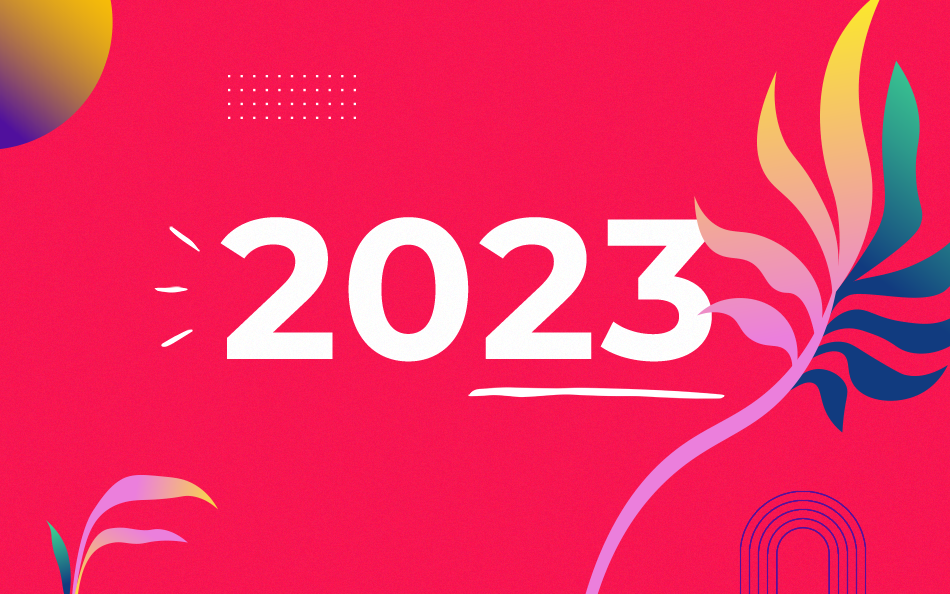2023 has been a busy year for Uniting to Combat Neglected Tropical Diseases (NTDs)! We’ve been thrilled to see tremendous progress across the world to beat NTDs this year, with seven NTDs eliminated as a public health problem in six different countries and one interruption of transmission of an NTD, and great country leadership prioritising tackling NTDs. Congratulations to all countries and partners involved!
We’ve been exploring new ways of accessing financing for NTDs highlighting the strong links between NTDs and areas of interest in global health including climate change, Universal Health Coverage (UHC), and pandemic preparedness, prevention and response (PPPR).
We’re put together an end of year round-up of just some of our highlights each month:
January
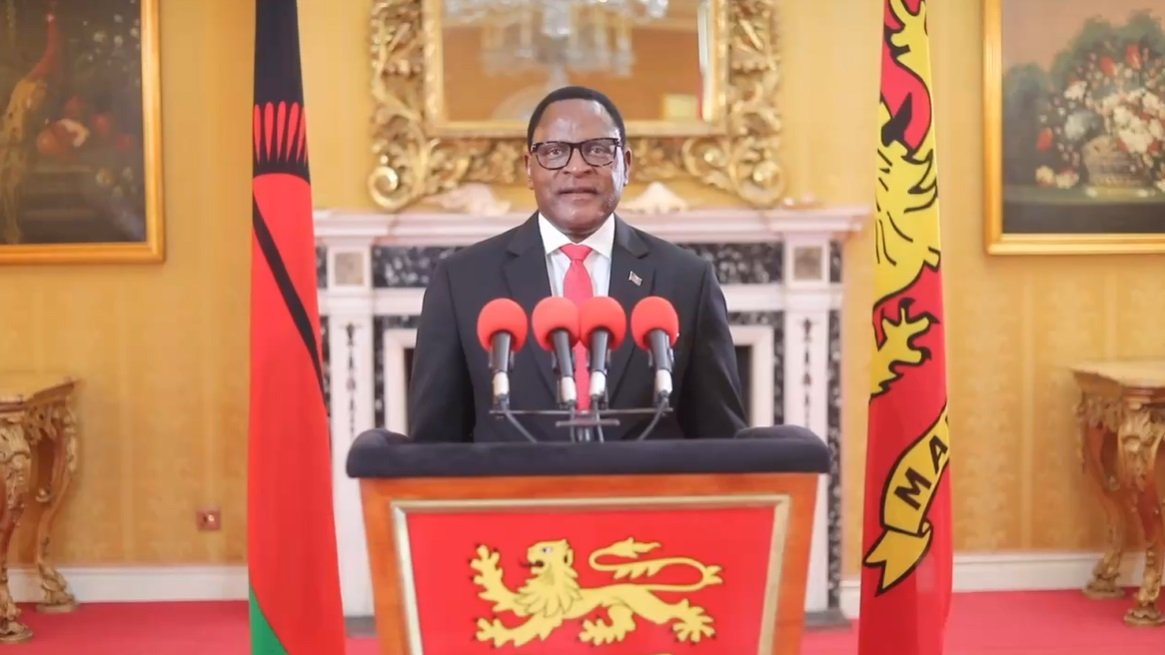
We began the year collaborating with partners on World NTD Day (30 January), which focused on a call-to-action for increased resources for NTDs. It was great to see several new commitments from endemic countries, donors, and private sector partners including USAID, Ghana, GSK, and Anesvad Foundation. There was brilliant support from Heads of State with the Presidents of Ghana and Malawi recording powerful messages about why we need to ‘Act Now and Act Together’ to end NTDs. We also launched the Kigali Declaration Commitment Tracker. We’re looking forward to World NTD Day 2024, this year coordinated by GLIDE. Keep an eye on the World NTD Day website for updates coming very soon.
February
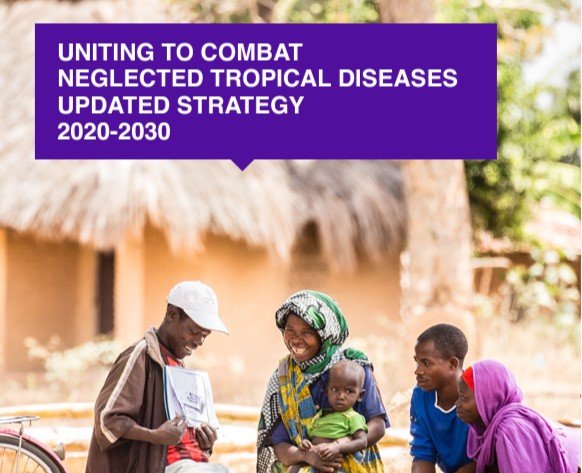
In February, we hosted an ‘Indaba’ (problem-solving meeting) in Geneva to discuss solutions for the NTD funding crisis, followed by 1:1 insight meetings with key donors and funders. This has been fundamental in shaping our updated ten-year strategy launched later in the year, focused on intensifying our efforts in resource mobilisation. The heart of this lies in our collective dedication and commitment to the 1.65 billion people who require treatment and care for NTDs and our shared vision of a world where these preventable diseases are no longer a threat to people’s lives. Our mission remains the same: to create political will and an enabling environment for countries to achieve the WHO NTD road map targets and deliver the SDG NTD goal to end NTDs by 2030.
March
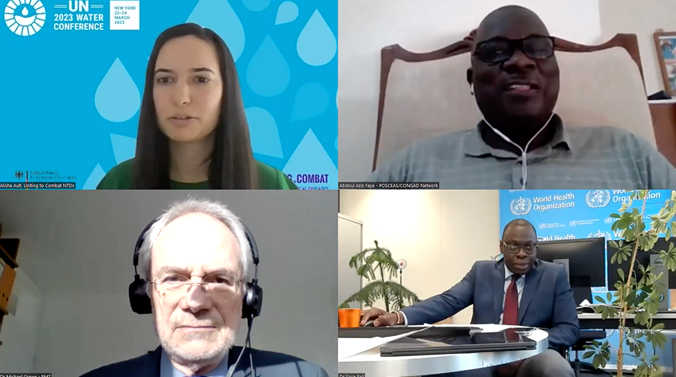
March saw the UN 2023 Water Conference where we collaborated with the Federal Ministry for Economic Cooperation and Development (BMZ) of Germany, Deutsche Gesellschaft für Internationale Zusammenarbeit (GIZ), and Senegal to host a side event exploring the links, synergies, and opportunities between safe drinking-water, sanitation and hygiene (WASH) and NTDs. The panel discussion saw distinguished speakers sharing the potential of cross-sectoral partnerships including case studies and examples of best practice. It was great to demonstrate the integral tie between the two issues to advocate for action for NTDs. Thank you to all speakers and panellists!
April
In April, we attended the 24th meeting of the WHO Alliance for the Global Elimination of Trachoma by 2020 in Istanbul, Turkey. Dr Socé Fall, Director, Global Neglected Tropical Disease Programme at WHO recognised that the trachoma community should be proud of what they have and continue to achieve, pushing for the elimination of the disease.
May
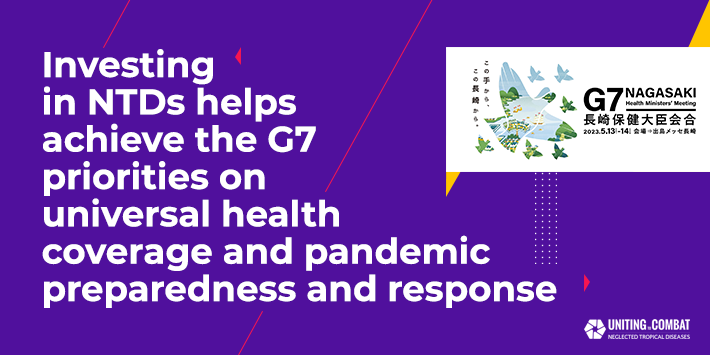
May saw global leaders come together at G7 in Hiroshima, Japan. We were delighted to coordinate 40 parliamentarians from 24 countries signing an open letter urging G7 Leaders to prioritise action and investment towards ending NTDs, in order to achieve the G7 priorities of Universal Health Coverage and pandemic preparedness. It was great to see NTDs included in the communiqué and we produced an analysis of what this meant for global health and NTDs. We were pleased to collaborate with partners for the Commemorative Symposium for G7 Health Ministers Meeting in Nagasaki, Japan, “Accelerating Research and Development, Access and Delivery for Neglected Tropical Diseases”, to agree the ‘Nagasaki Outcomes Statement’ and call for sustainable financing and equitable access to interventions for NTDs.
May was also a bumper month for NTD eliminations with WHO announcing that Bangladesh had eliminated lymphatic filariasis, and Benin and Mali had eliminated trachoma, showing that together, we can beat NTDs. Our Executive Director Thoko Elphick-Pooley also celebrated some of these brilliant elimination successes for Africa Day.
June
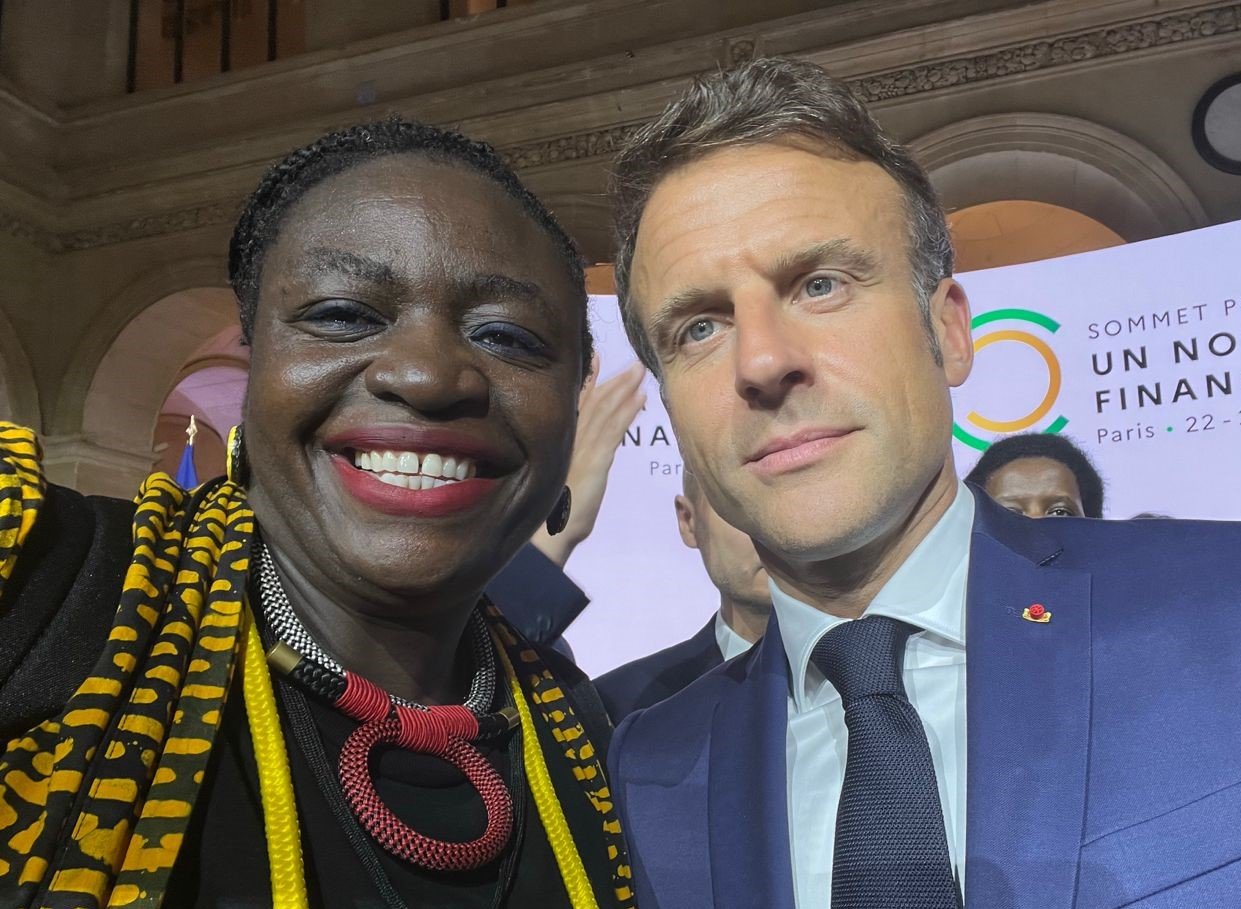
June was a busy month for events with our Executive Director Thoko Elphick-Pooley exploring new opportunities for financing NTDs at the African Development Bank Group annual meetings in Sharm-el-Sheik, Egypt, and joining leaders at the Paris Summit for a New Financing Pact. Thoko reflected on a new language being spoken of ownership, leadership, power, and a commitment to action, and talked about the importance of eliminating NTDs as a global public good with everyone she met.
We also celebrated the one-year anniversary of the Kigali Summit, an event which injected new energy into the fight against NTDs and saw over $1.5 billion mobilised, 19 billion worth of donated treatments committed by pharmaceutical companies and 62 entities, including 13 endemic countries, endorsing the Kigali Declaration on NTDs.
July
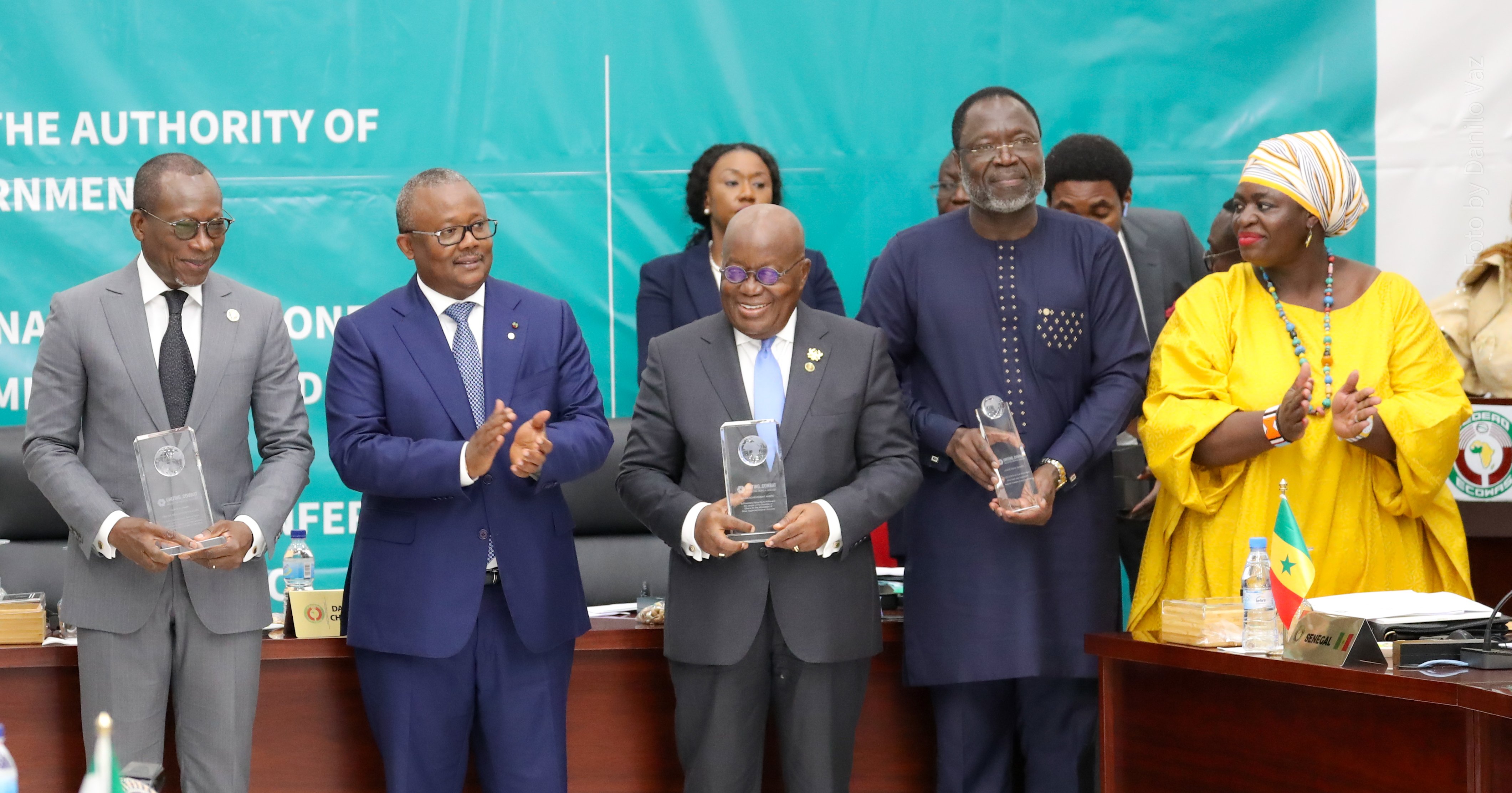
Photo credit: Danilo Vaz
In July, we were delighted to recognise the leadership of the Economic Community of West African States (ECOWAS) in eliminating NTDs in Africa through presenting them with a leadership award as part of the bloc’s Heads of State meeting.
We were also proud to attend Women Deliver in Kigali, Rwanda to support an event in conjunction with Mme Sika Kabore, the former First Lady of Burkina Faso, Mme Touray, former Vice President of The Republic of The Gambia, as well as renowned leaders, medical professionals, champions and activists to explore achieving gender equality in Burkina Faso, and call for action and financing for NTDs.
Plus, July saw the announcement of Iraq eliminating trachoma as a public health problem, a fantastic achievement for the country.
August
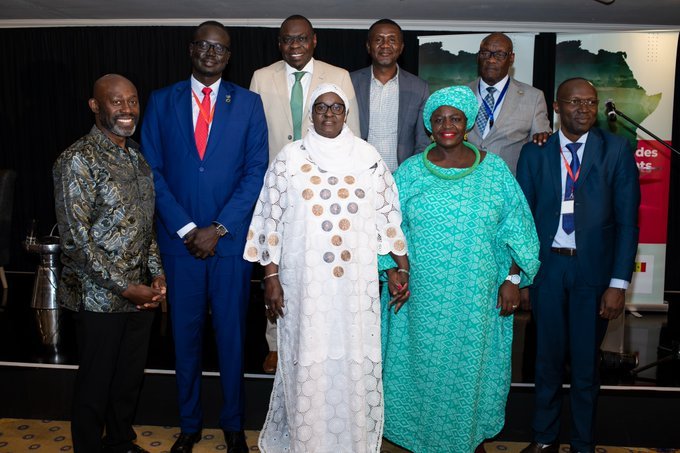
The 73rd WHO Regional Committee for Africa (WHO AFRO) in August brought leaders from across the African continent together to discuss key national health priorities. We took that opportunity to run a side event shining a spotlight on NTDs, calling on countries to prioritise NTDs and help unlock new and less considered methods of financing. We are grateful to speakers from the Global Fund to Fight TB, AIDS and Malaria, Pandemic Action Network, Global Financing Facility, and Potomac presenting on debt swaps for sharing financing opportunities, as well as Ministers of Health for their engagement.
September
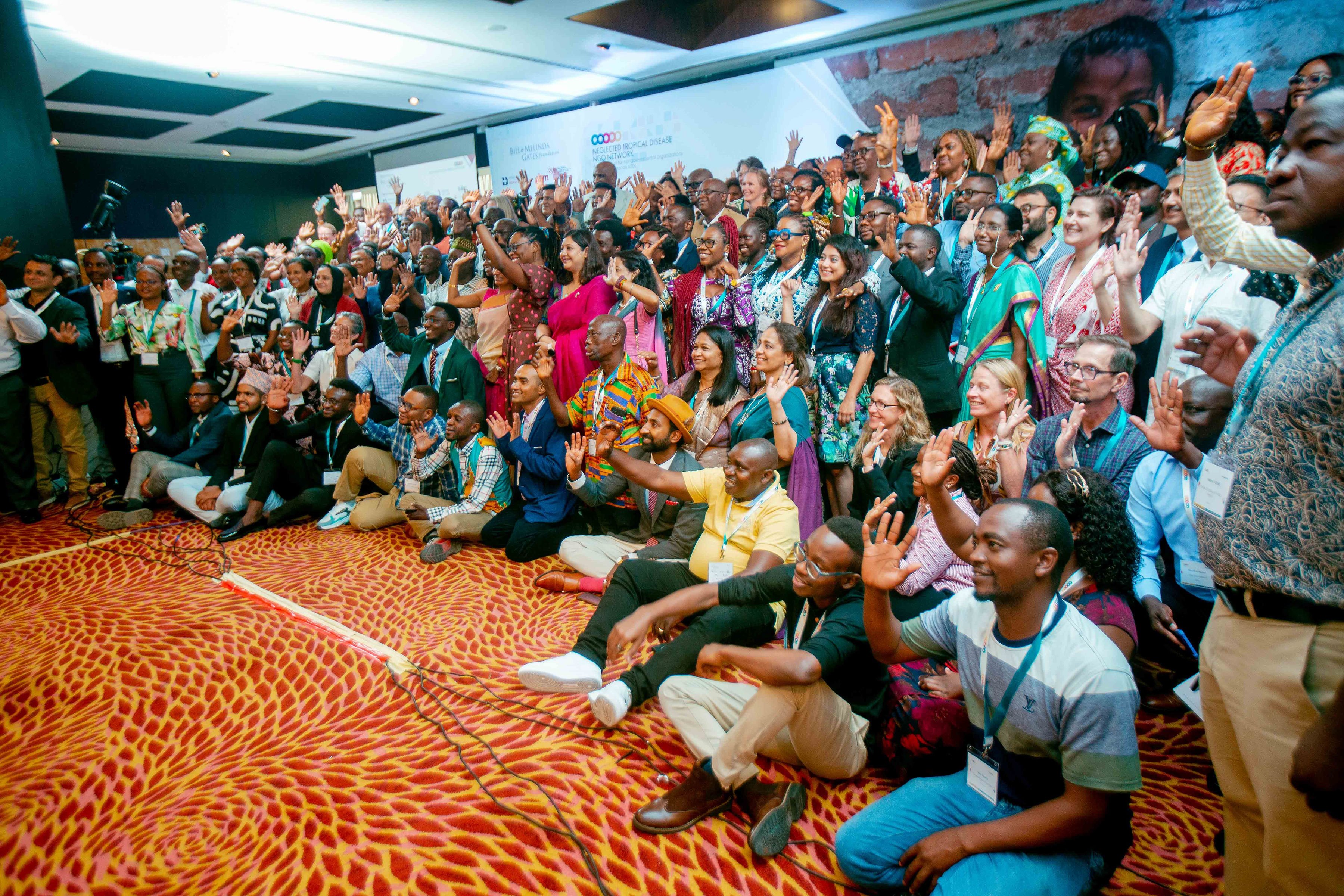
In September, we were delighted to join together with the NTD community at the NNN Conference in Dar Es Salaam, Tanzania. It was a great opportunity to recognise the brilliant accomplishments of countries and partners, with 50 countries eliminating at least one NTD, and explore what else can be done to encourage demand generation and prioritisation of NTDs, with panel sessions led by Youth Combating NTDs.
We also attended the 78th session of the United Nations General Assembly (UNGA) in New York, USA, looking to influence the high-level declarations on both UHC and Pandemic PPR. You can read our analysis of this here, and we will continue to champion NTD programmes as a gateway to UHC and NTD interventions as a tracer for equity in UHC, helping to ensure we ‘leave no-one behind’ in our pursuit of health for all.
At UNGA, we were delighted to see the Government of Canada invest CAN$15 million to eliminate trachoma as a public health problem in the Americas. Congratulations to the Canadian Network for NTDs for their tireless advocacy on this.
October
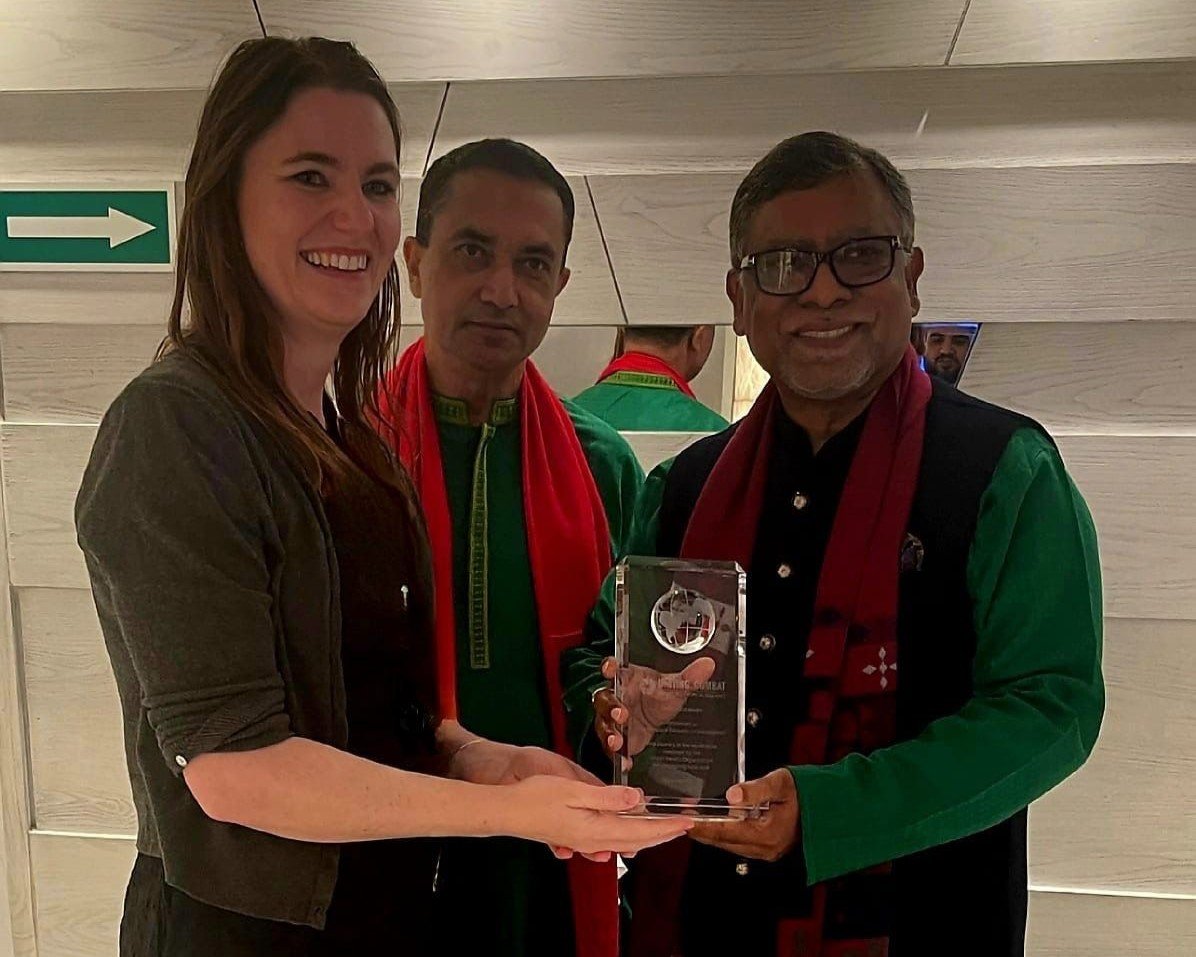
The beginning of October saw a fantastic achievement as WHO announced that the Lao People’s Democratic Republic had successfully eliminated lymphatic filariasis as a public health problem.
In late October, we had the honour of being invited to the 76th WHO Regional Committee for South-East Asia (SEARO). During the meeting, a ‘world-first’ was announced as Bangladesh were validated for eliminating visceral leishmaniasis (or kala-azar) as a public health problem, the first country globally to do so. We were delighted to recognise this momentous achievement by presenting the Minister of Health and Family Welfare for Bangladesh, Zahid Maleque, with a ‘world-first’ award.
It was also brilliant to see Maldives celebrated for becoming the first country to verify interruption of transmission of leprosy at the meeting, with the WHO assessment team highlighting high political will and community motivation as key to the success.
November
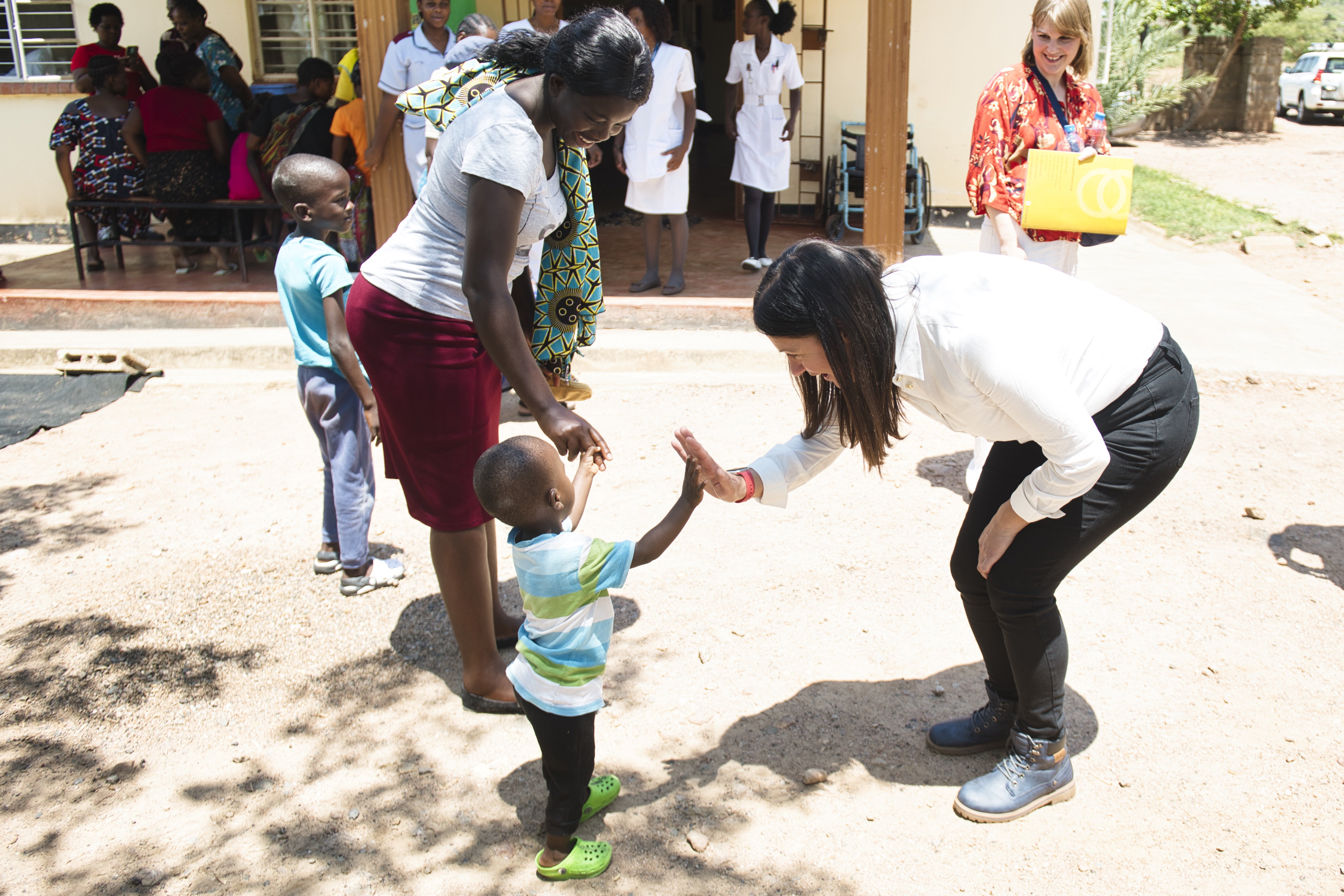
© Hudson Chirwa
In November, we were delighted to join leaders from across Africa in Lusaka, Zambia at the 3rd International Conference on Public Health in Africa (CPHIA) to discuss with countries and organisations the importance of demand generation in order to mobilise resources for NTDs. There was clarity of vision as well as growing demand and energy to see the continent free of NTDs.
We were also pleased to work with the Sightsavers team in Zambia to show UK MP Lisa Nandy, Shadow Cabinet Minister for International Development, the impact of funded NTD projects in the country in late November for a parliamentary visit. Take a look at our photostory.
December
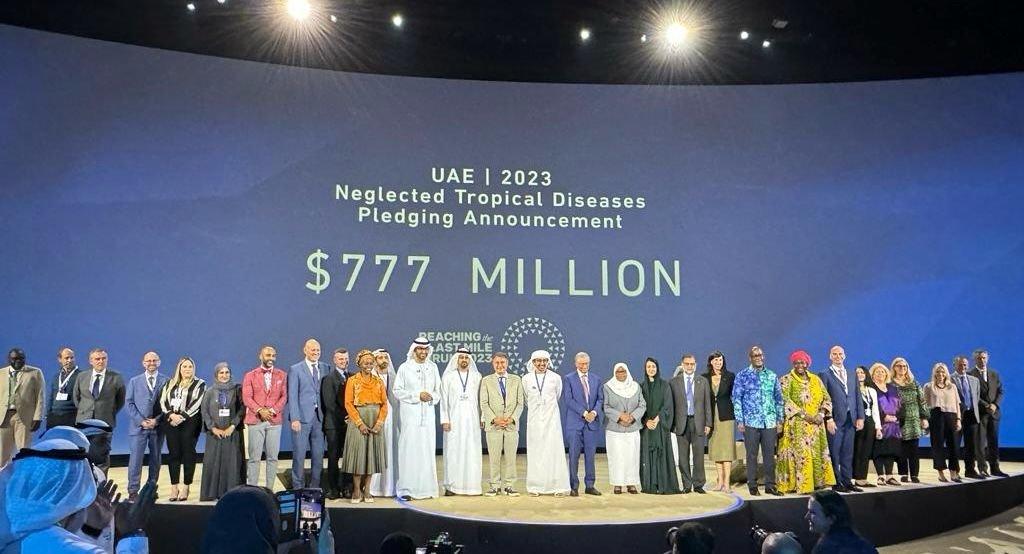
December saw a historic moment in the Reaching the Last Mile Forum on COP28’s first ever dedicated day to health. A groundbreaking $777m was committed to tackle NTDs announced from global partners, going a long way to supporting the 1.65 billion people affected by NTDs.
The UK government released a report calling the NTD dengue “one of the most significant risks for public health posed by climate change”.
To round off the year, WHO announced that the disease noma would be officially recognised as an NTD, something which the noma community and partners have been campaigning to achieve for many years. We look forward to working with them in the push to tackle this disease.
_________
There are many more highlights we could have mentioned as 2023 has been one of profound significance in the fight against NTDs. We’d like to thank all our partners for their unwavering support and commitment to our shared mission.
As we approach 2024, we are looking forward to continuing the momentum of the past year, mobilising resources to support the 1.65 billion people around the world currently affected by NTDs, and standing united to triumph over these diseases.
